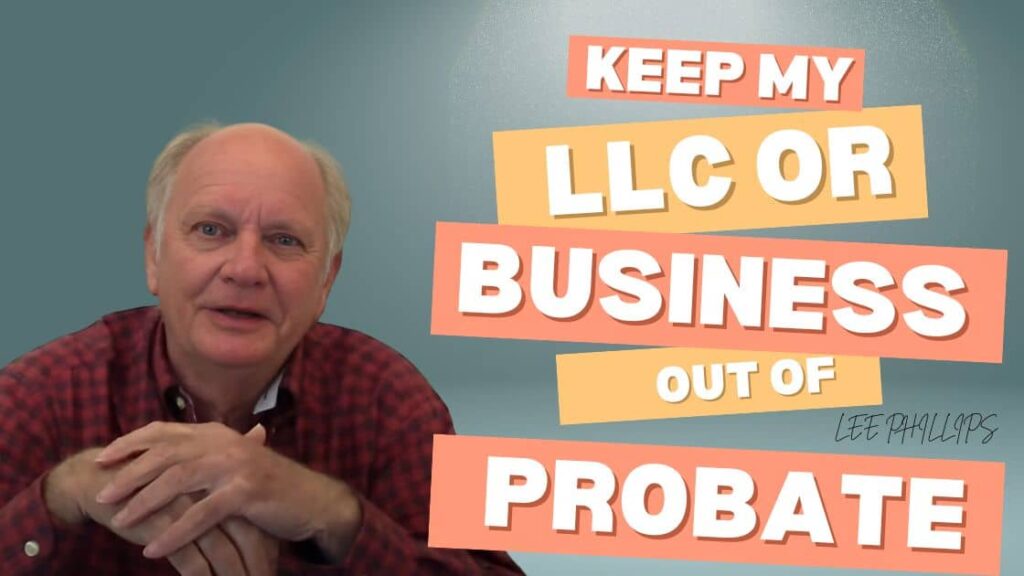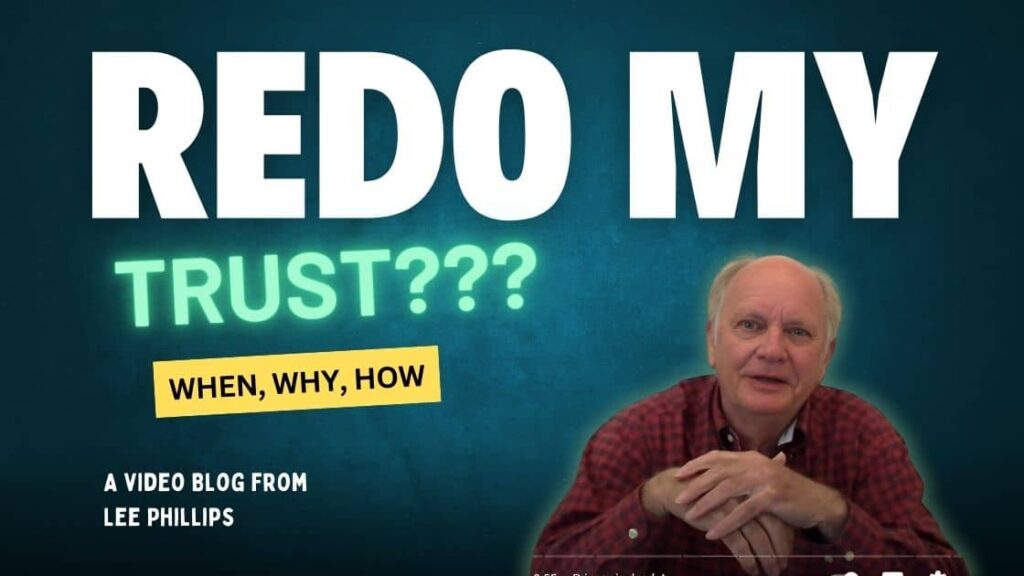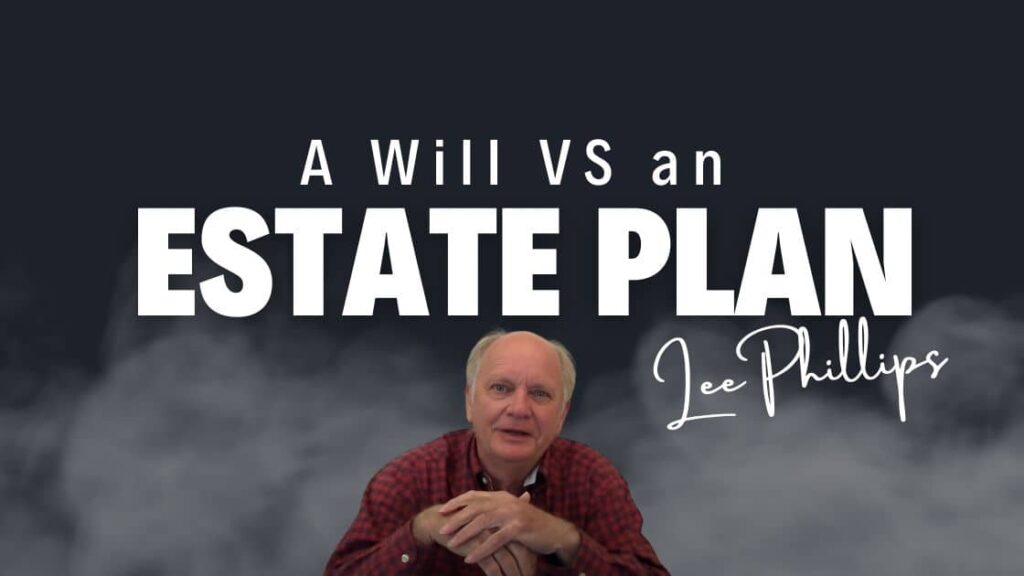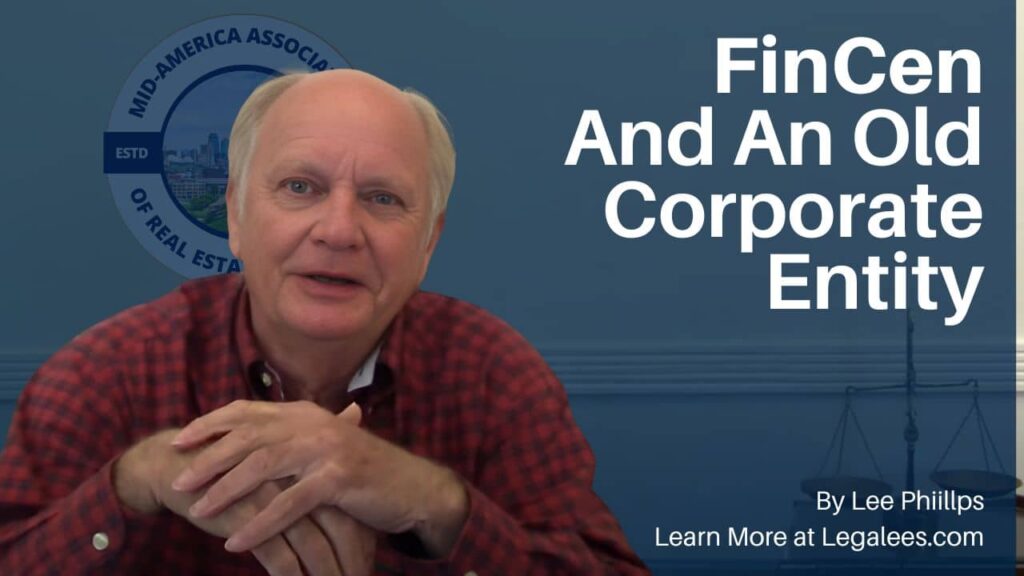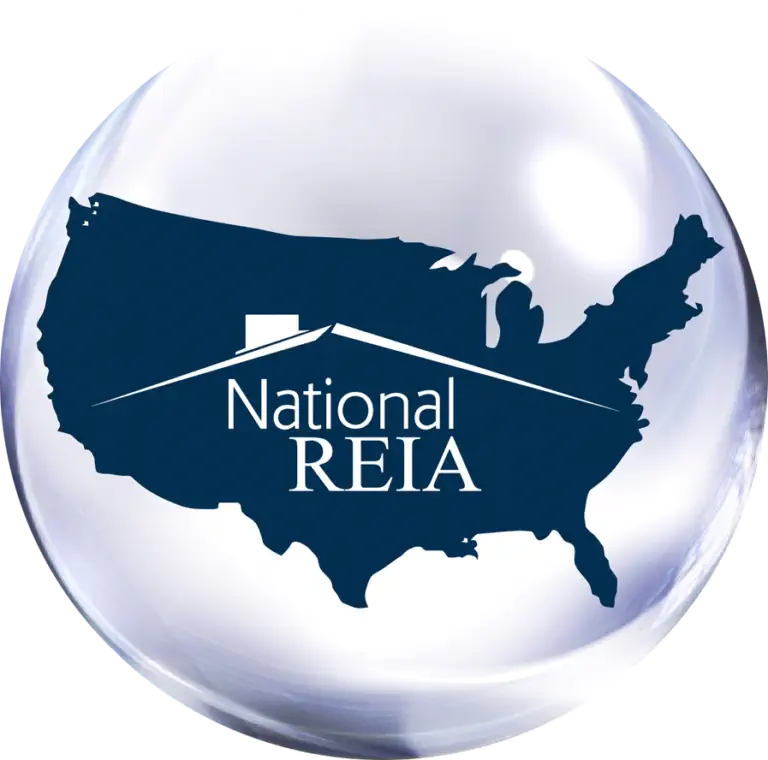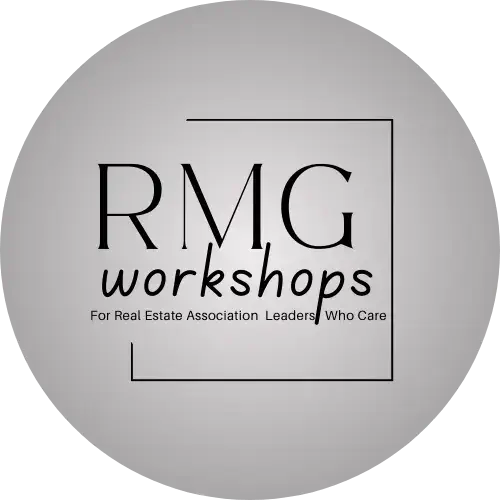When planning for the future, many people think that having a Will is enough to settle their affairs. While a Will is an important part of the process, it’s only one piece of a larger strategy known as an Estate Plan. In today’s blog post, we dive into the key differences between a Will and an Estate Plan, based on insights from Attorney Lee Phillips.
What Is a Will?
A Will is a legal document that specifies how you want your assets to be distributed after your death. Many lawyers recommend creating a Will to ensure your property is passed on according to your wishes. However, for real estate investors or individuals with significant assets, a Will alone may not cover all aspects of managing your affairs. That’s why it’s important to look beyond just a Will.
What Is an Estate Plan?
An Estate Plan is a more comprehensive approach to managing your assets and affairs after you pass away. It can include just a Will, but for those seeking full protection, an Estate Plan often involves additional components like a Living Revocable Trust. A trust helps your family avoid probate, which can make the asset distribution process quicker and easier.
Key Components of an Estate Plan:
- Pour-Over Will: This ensures that any assets not placed into the Trust during your lifetime are automatically transferred into the Trust after death.
- Durable Power of Attorney: This allows a trusted individual to manage your financial affairs if you become incapacitated. It’s crucial for ensuring that your family can act on your behalf for extended periods, often 90 days or longer.
- Health Care Power of Attorney: This document enables your family to make important medical decisions if you’re unable to do so.
Why You Need More Than Just a Will
If you only have a Will, your assets will need to go through probate, a time-consuming and often costly court-supervised process. For real estate investors or those with considerable assets, it’s essential to sit down with an attorney to create a Living Revocable Trust. This, along with a Pour-Over Will, can help you avoid probate and simplify matters for your loved ones.
At a minimum, your Estate Plan should include:
- A Living Revocable Trust
- A Pour-Over Will
- A Durable Power of Attorney
- A Health Care Power of Attorney
Learn More About Estate Planning
Want to dive deeper into using a Trust as part of your Estate Plan? You can download a free copy of the eBook “How to Use a Trust” by Attorney Lee Phillips at https://legalees.com/using-a-trust-ebook.
Additionally, join us for an upcoming Master Class on Saturday, November 16th, titled “Generational Wealth with the Right Estate Plan.” Don’t leave your heirs with a mess—learn how to protect your wealth for future generations. Get all the details for this event here.
More from Lee Phillips
Master Class Nov 16 2024: Create Real Generational Wealth with Estate Planning – Featuring Lee Phillips
Saturday, November 16th, ONLINE9 am to 3 pm Central We Don’t Like to Talk About…
Lee Phillips Reminds us of the FinCEN Deadline
https://youtu.be/pB0-m7IcHfw?si=LR8gFtX4Wjqvwtz9 FinCEN – which requires the registration of all corporations, LLCs, limited partnerships, and other…
Lee Phillips on Two Ways to Avoid Probate of an LLC or Small Business
If you own an LLC or small business, one thing you may not have considered…
When and How to Update Your Living Revocable Trust
As real estate investors and small business owners, it is very important to have your…
Lee Phillips on a Will Vs an Estate Plan
https://youtu.be/wRb1XYdovds?si=7H12CBFQ5g2-fV7V When planning for the future, many people think that having a Will is enough…
Lee Phillips on FinCen and Dormant Companies
As a business owner or someone managing multiple entities, it’s crucial to stay informed about…



